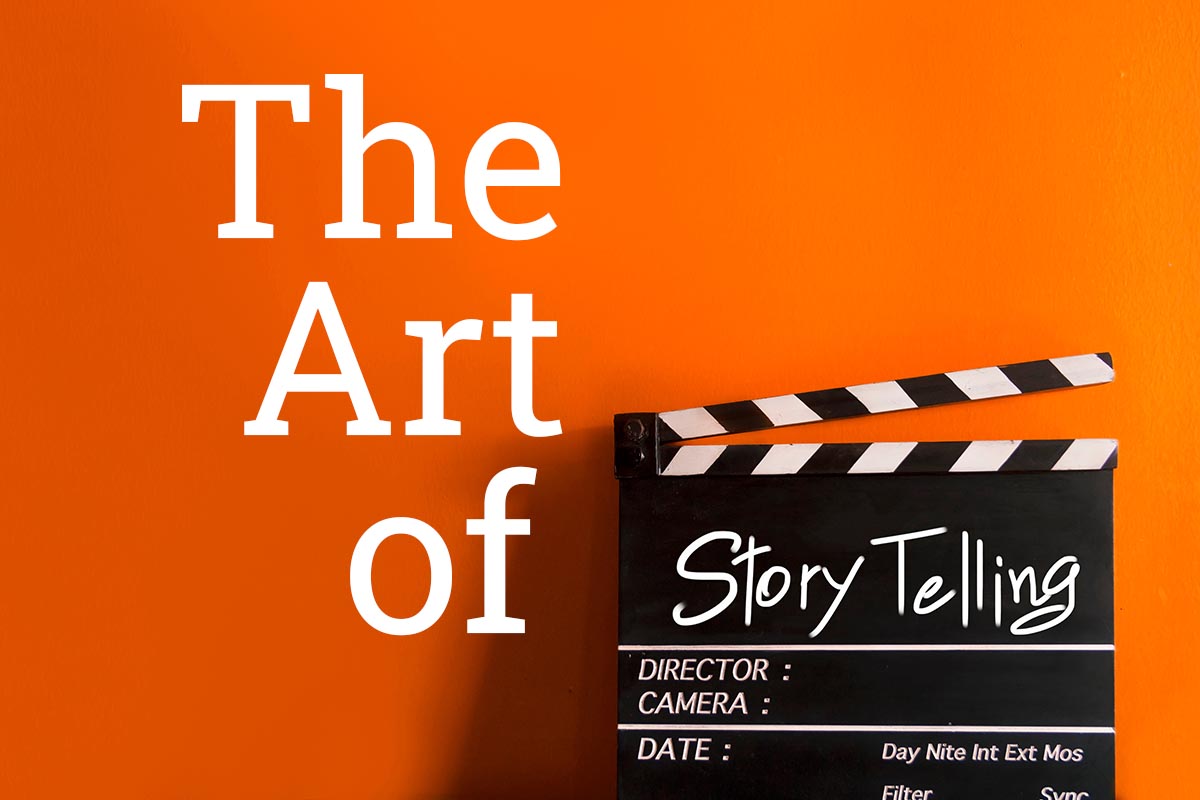The Art of Storytelling: Content Marketing that Resonates with Patients

In the healthcare industry, where facts and figures dominate the landscape, the art of storytelling can often be overlooked. However, stories have the power to humanize your brand, illustrate the impact of your services, and create emotional connections with your patients.
Content marketing that leverages storytelling not only informs but also inspires and engages your audience. This blog post delves into how healthcare providers can craft compelling narratives to resonate deeply with patients and stand out in a crowded digital space.
Why Storytelling Matters in Healthcare
Healthcare is inherently personal. Every patient’s journey is a story filled with challenges, triumphs, and deeply human experiences. By sharing these stories, healthcare providers can showcase empathy, build trust, and bridge the gap between clinical environments and the emotional journey of patients.
Stories help simplify complex medical information, making it more digestible and relatable to the layperson. They also have a unique ability to stick in our minds, ensuring that your message is remembered long after facts have faded.
Crafting Patient-Centric Stories
The most effective content marketing narratives are those that place patients at the center. When you tell a story from a patient’s perspective, you validate their experiences and connect on a level that goes beyond provider-patient dynamics.
- Patient Testimonials and Case Studies: Real-life success stories are incredibly powerful. They provide tangible proof of the quality of care you provide and the positive outcomes patients can expect. When crafting these stories, focus on the patient’s initial problem, the journey through treatment, and the eventual resolution.
- Behind-the-Scenes Glimpses: Give patients a look behind the curtain at the people who make your practice run. Highlighting the dedication and expertise of your staff adds a personal touch and can help patients feel more comfortable seeking care.
- Educational Narratives: Use storytelling to educate your audience about health conditions and treatments. Create characters or scenarios that patients can identify with to explain complex medical topics.
Emotional Engagement through Storytelling
Emotions drive action. In healthcare marketing, tapping into emotions—whether it’s hope, relief, empathy, or happiness—can motivate patients to take charge of their health, seek treatment, or stay loyal to your practice.
- Empathy: Share stories that show you understand the patient’s struggles and fears. This can create a sense of community and support around your brand.
- Inspiration: Tell stories of resilience and recovery that inspire hope in others facing similar health challenges.
- Education with a Twist: Turn educational content into a narrative form where possible. For example, instead of just listing symptoms of a condition, tell a story of a day in the life of someone managing it.
The Role of Visual Storytelling
In an age where digital content is consumed rapidly, visual storytelling has become increasingly important. Images, infographics, and videos can convey complex information succinctly and engagingly.
- Video Testimonials: They are more engaging than written stories and allow viewers to connect with storytellers on a personal level.
- Infographics: Use them to tell visual stories about health statistics or to break down a patient’s journey into stages.
- Interactive Content: Develop quizzes or interactive timelines that guide patients through a narrative while educating them about your services or health conditions.
Integrating Storytelling Across Channels
To maximize impact, ensure that your storytelling efforts are integrated across all marketing channels.
- Social Media: Use platforms like Instagram and Facebook to share snippets of stories that can lead back to longer content on your website.
- Blog Posts: Write detailed narratives that provide value and encourage patients to see your practice as a thought leader.
- Email Marketing: Personalized stories in email campaigns can help nurture leads and keep existing patients engaged.
Measuring the Impact of Your Stories
Like any marketing strategy, it’s important to measure the impact of your storytelling efforts.
- Engagement Metrics: Track likes, shares, comments, and time spent on page to gauge how well your stories are resonating with your audience.
- Conversion Rates: Look at how storytelling impacts patient inquiries, appointment bookings, and service uptake.
- Patient Feedback: Direct feedback can provide qualitative insights into how your stories are affecting your audience.
The art of storytelling is a powerful tool in content marketing for healthcare providers. By crafting narratives that resonate with patients on an emotional level, you can differentiate your practice in a meaningful way.
Remember that each patient interaction is an opportunity to add to your collection of stories—stories that can educate, inspire, and build lasting relationships with those you serve. As you weave these narratives into your marketing efforts, you’re not just promoting services; you’re enriching lives with tales of hope, healing, and human connection.
